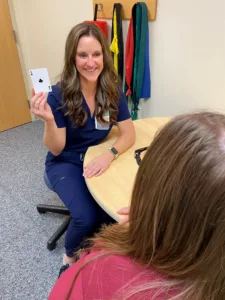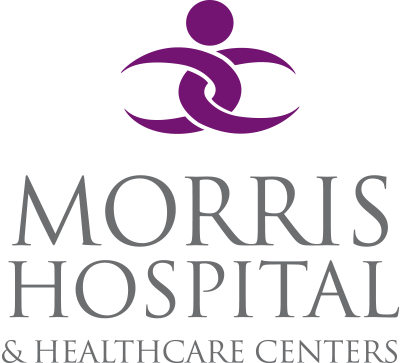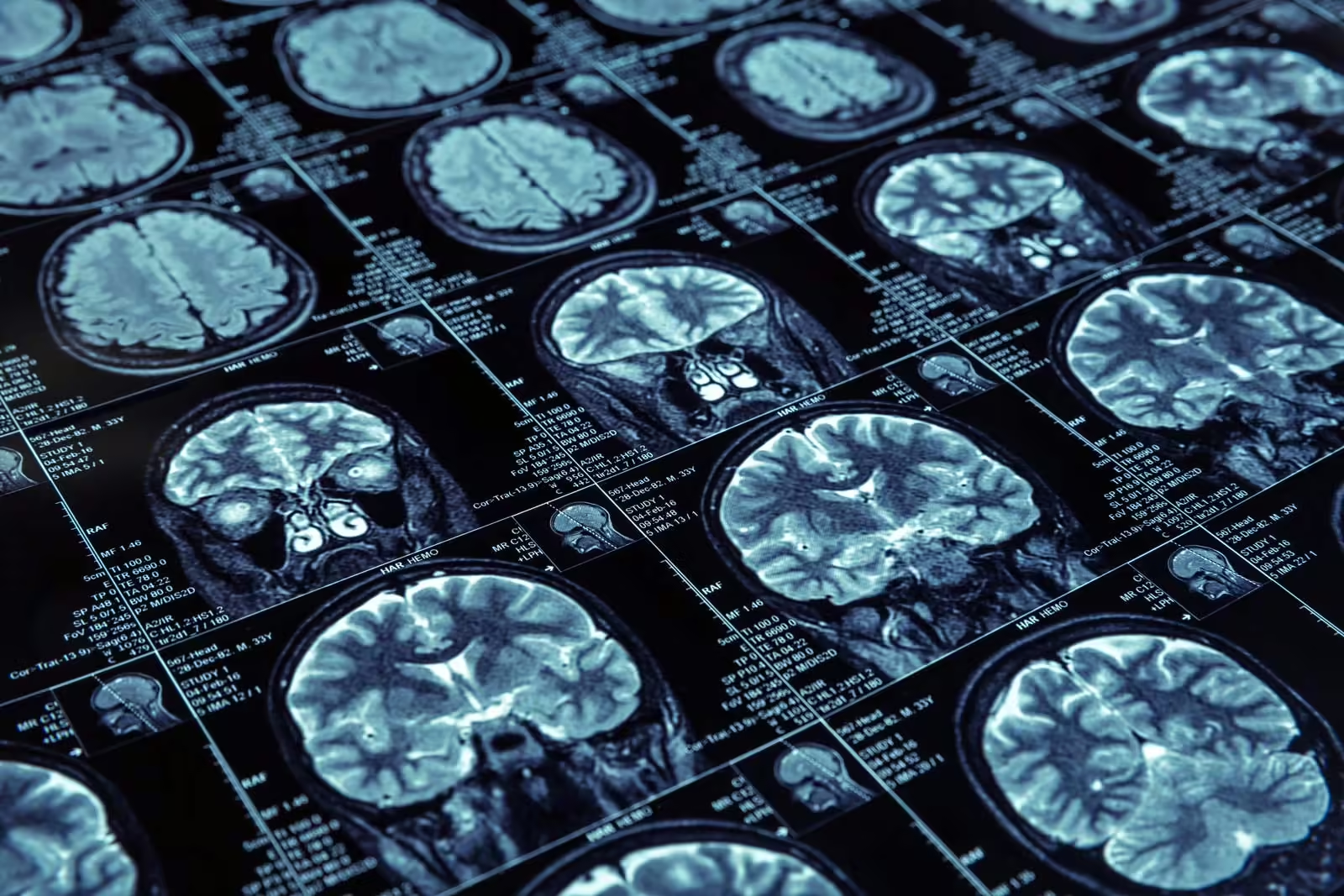A concussion is a type of traumatic brain injury—or TBI—caused by a bump, blow, or jolt to the head or by a hit to the body that causes the head and brain to move rapidly back and forth. This sudden movement can cause the brain to bounce around or twist in the skull, creating chemical changes in the brain and sometimes stretching and damaging brain cells. Some concussions can cause a person to lose consciousness, but most do not. Symptoms of a concussion can include the following:
- Headache or “pressure” in the head
- Nausea or vomiting
- Balance problems or dizziness
- Just not “feeling right” or “feeling down”
- Double or blurry vision
- Sensitivity to light or noise
- Feeling sluggish, hazy, foggy, or groggy
- Concentration or memory problems
- Confusion and inability to think
These are signs and symptoms of a concussion. They can show up soon after the injury to the head, or they can occur hours or days later.
WHY IS IT IMPORTANT TO GET HELP FOR A CONCUSSION?
The brain needs time to heal after a concussion. Potential complications of concussion include headaches, vertigo, or post-concussion syndrome. This type of brain injury may lead to bleeding in and around the brain, or in rare instances even brain swelling.
MORRIS HOSPITAL CONCUSSION MANAGEMENT PROGRAM
We are committed to the prevention, diagnosis, and prompt treatment of concussions. Our concussion management program features a multidisciplinary approach to help concussion patients safely recover from their injury.

When a head injury occurs, patients may be referred to a concussion care provider for a comprehensive evaluation to determine the severity of the concussion. The providers are experienced with evaluating concussion and carefully managing and monitoring concussion treatment.
The evaluation may be followed by further care from a clinical specialist in physical therapy. It is recommended that therapy start soon after a concussion is diagnosed.
The phone number for the concussion management program is 815-942-4506. This is also the phone number for Morris Hospital Neurology Specialists.
FREQUENTLY ASKED QUESTIONS:
What should I do if I think I might have a concussion?
If you are experiencing any of the concussion symptoms after a bump, blow or jolt to the head, we urge you to immediately visit an emergency department, urgent care center, or contact your primary care provider.
Do not wait to seek help. Concussions range in severity from minor injuries that heal with rest to serious conditions that have long-term effects on your daily life.
If you are experiencing signs and symptoms of a concussion, do not return to sports, work, school, play, or daily activities until you have been evaluated by a medical provider.
What if I get referred to Morris Hospital's Concussion Management Program?
If you are referred to the Morris Hospital Concussion Management Program after being seen by your provider, the emergency department or urgent care setting, you will receive a call to schedule an appointment with a Morris Hospital concussion management provider who is experienced in safely evaluating the severity of your injury and carefully managing and monitoring your care during recovery. It is our goal to get you in for an appointment as quickly as possible.
The Concussion Management Program providers include:
Stefanie Henline, Neurology Nurse Practitioner
Colin Kao, D.O., Family Medicine Physician
Isaac Mezo, M.D., Neurologist
Sarah Pettry-Soto, Family Medicine Nurse Practitioner
David Vermillion, M.D., Pediatrician & Internal Medicine Physician
To contact the Morris Hospital Concussion Management Program, call 815-942-4506.
What is the role of physical therapy?
 Your concussion management provider may prescribe physical therapy, which should be started soon after a concussion is diagnosed.
Your concussion management provider may prescribe physical therapy, which should be started soon after a concussion is diagnosed.
Physical therapists are key members of our concussion treatment team, as they oversee the active rehabilitation for patients who are recovering from a concussion. Patients suffering from concussion symptoms can experience visual problems, balance or vestibular issues, or even cervical spine deficits that often require physical therapy during recovery. Our Concussion Management Physical Therapists are trained in comprehensive concussion rehabilitation and management, meaning they are qualified and experienced in caring for patients who are recovering from concussions.
Our specially trained concussion management physical therapists are available at several of our outpatient rehabilitation facilities, with same and next day appointments available for concussion evaluations. If your concussion management provider refers you for physical therapy, you can expect to receive a call to schedule your physical therapy appointment.
For more information about our Concussion Management Program, please call 815-942-4506.

